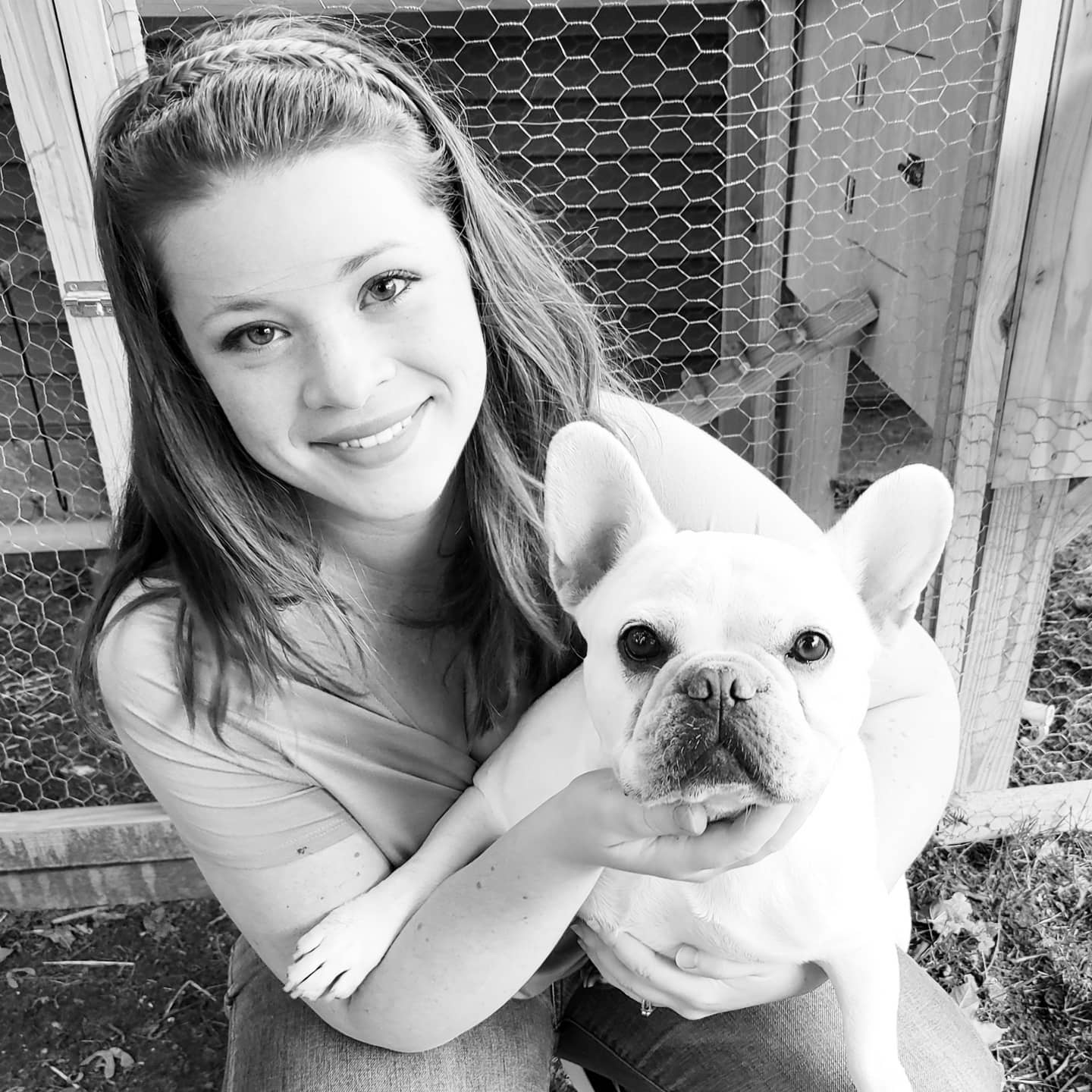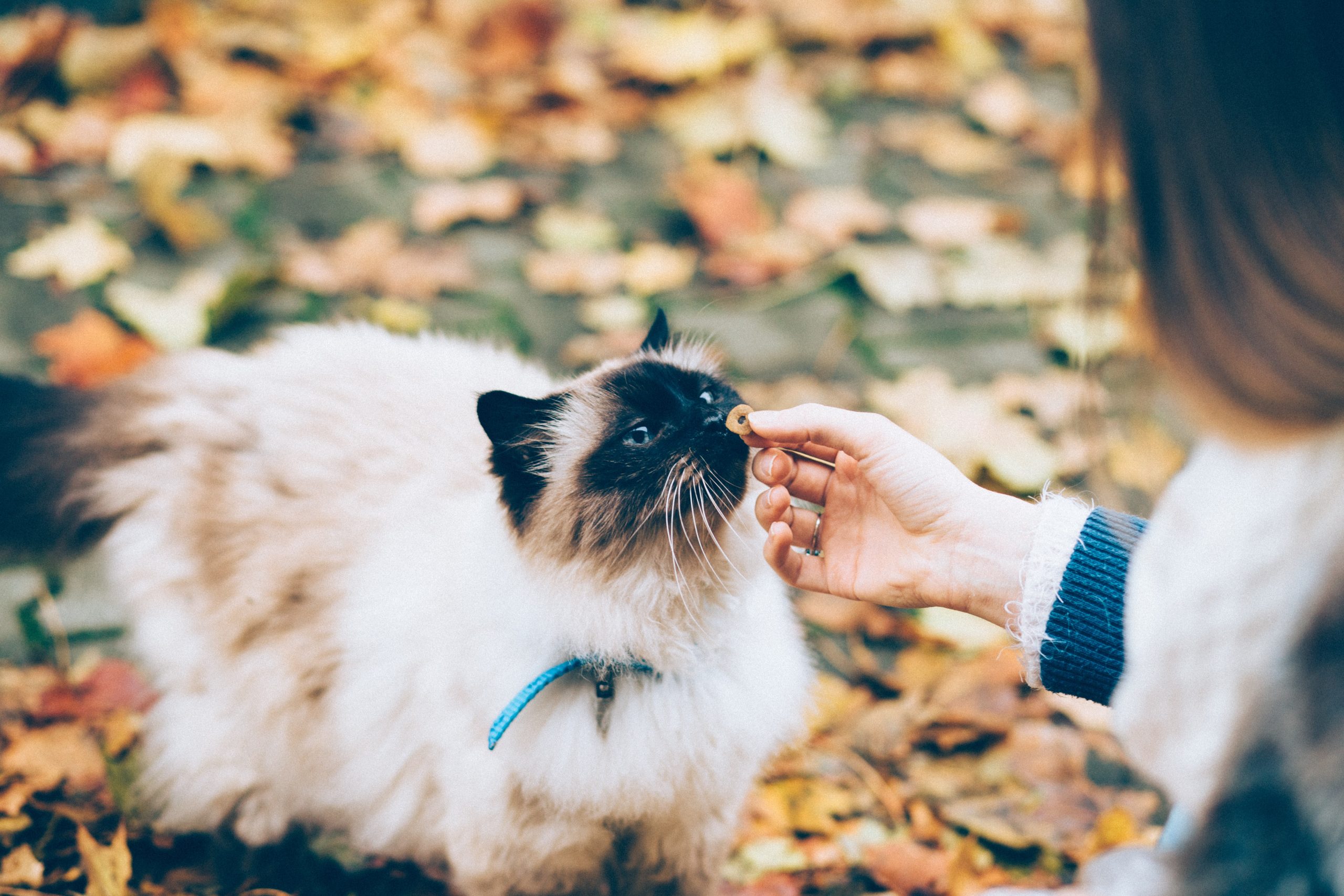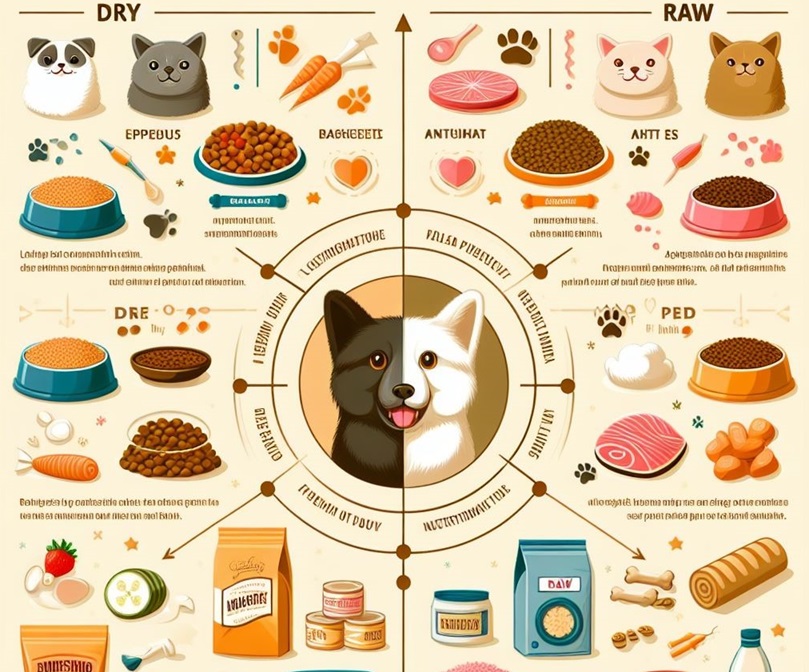Nutrition tips when adopting a new puppy or kitten

by Samantha Henson, licensed Clinical Pet Nutritionist and founder of Next Generation Pet Wellness.
When adopting a new pet, it’s important to start them off on the right foot at their new forever home. Things like feeding a healthy diet, getting necessary mobile vet care, and proper socialization and training are all important steps to help create a longer, healthier, happier life for your new family member. (more…)
Pet Wellness Beyond Veterinary Care

There has been a growing trend among pet parents towards holistic care and new pet care wellness services for their beloved dogs and cats. While traditional veterinary care remains essential for maintaining pet health, many pet parents are recognizing the benefits of incorporating additional practices into their pets’ wellness routines. Let us explore why pet parents should seek additional wellness and pet health care in addition to regular veterinary checkups, emphasizing the importance of a comprehensive approach to pet health and wellbeing. (more…)
What Should I Feed My Newly Adopted Pet?

By Sarah Lyman, owner of Bonafide Pet Nutrition & Counseling.
Whether you recently adopted a new puppy, kitten, adult dog, or cat, it’s important that you set your pet up for success with a healthy diet. This will ensure a strong and vibrant immune system — not to mention general health and well-being. Here are a few essential nutrition tips for pet parents who recently adopted a pet.
How To Become An Animal Nutritionist

If you’re passionate about pursuing a career as an animal nutritionist, here are some key essential steps you should follow: First, obtain an undergraduate degree. Most animal nutritionists and clinical pet nutritionists hold a bachelor’s degree, preferably in animal nutrition or a related scientific field. During your undergraduate studies, you’ll delve into coursework – covering topics such as chemistry, animal nutrition, mathematics, animal science, ration formulation, anatomy and physiology, and animal husbandry. Consider minoring or double majoring in advanced disciplines like biochemistry or biology to enhance your skill set and knowledge base.
Gain practical experience
Employers often seek candidates with hands-on experience in animal nutrition. Look for internships or apprenticeships while pursuing your undergraduate degree to gain valuable experience in the field. Many opportunities for internships are available at zoos and veterinary offices, where you can work under the guidance of board-certified veterinarians or nutritionists. These experiences can pave the way for future employment opportunities.
Consider pursuing an advanced degree
If you aspire to teach at the college level or conduct research in the field of animal nutrition, you may want to pursue a master’s degree or a Ph.D. in a relevant discipline. Some employers, particularly those with animals requiring specialized care, may prefer candidates with a master’s degree in animal science or a related field. Advanced degrees provide opportunities to develop advanced laboratory skills and specialize in specific areas of animal nutrition.
Obtain certifications
Once you’ve completed your education and gained sufficient experience, pursue certifications that are relevant to your desired career path. For those aiming to work as clinical pet nutritionists in veterinary settings, obtaining credentials from organizations such as the American College of Veterinary Nutrition (ACVN) is beneficial. This certification typically requires completion of veterinary school and residency. Alternatively, the Academy of Veterinary Nutrition Technicians (AVNT) offers certification options for experienced professionals who have been working in the field for at least three years. By following these steps and continually seeking opportunities for learning and professional development, you can embark on a rewarding career as an animal nutritionist and make a positive impact on the health and well-being of animals.
Join a marketplace platform and get paid to consult with pet parents
Animal nutritionists and clinical pet nutritionists can apply to join pet care marketplace platforms like Petworks.com, and secure bookings with pet parents for online consultations. Creating a detailed profile showcasing your expertise and qualifications in animal nutrition will help you start to get hired by pet parents who need help creating customized nutrition and wellness plans for their beloved pet dogs and cats.
About the Author

Newly adopted dog? Now what to feed them?

by Debbie Brookham, Clinical Pet Nutritionist.
You just met the love of your life! You are bringing your new love to its new forever home. No, really! People that get a dog have a human-animal bond like nothing else.
Your newly adopted dog will count on you for everything. A place to sleep, a time for fun and most importantly what you choose to feed him. That in itself can be the scariest decision of them all. Today new pet parents can be absolutely overwhelmed at food choices. (more…)

